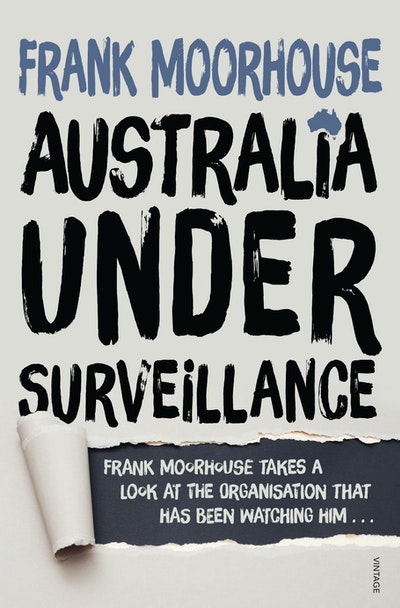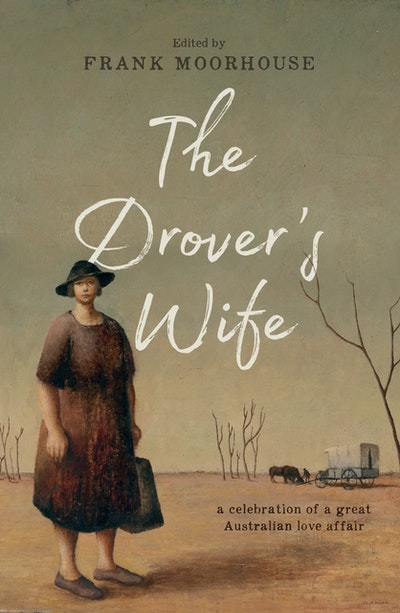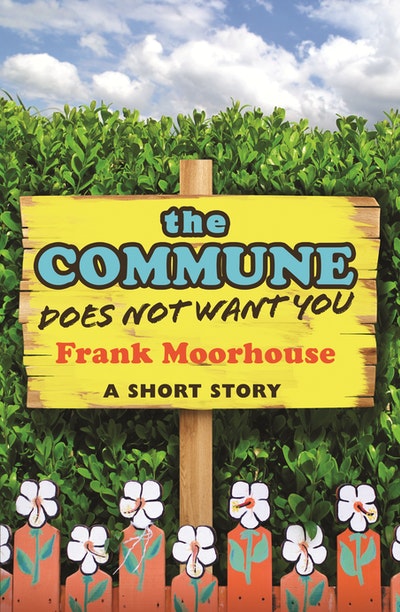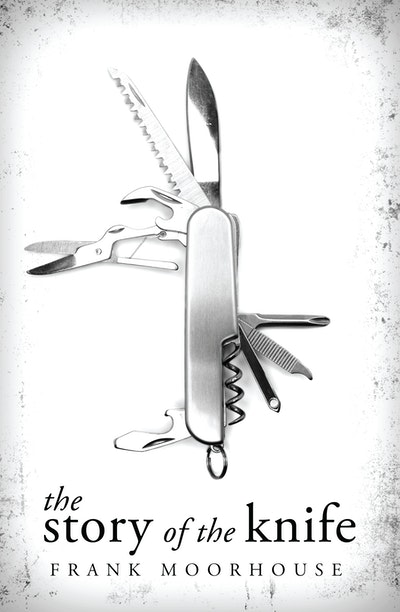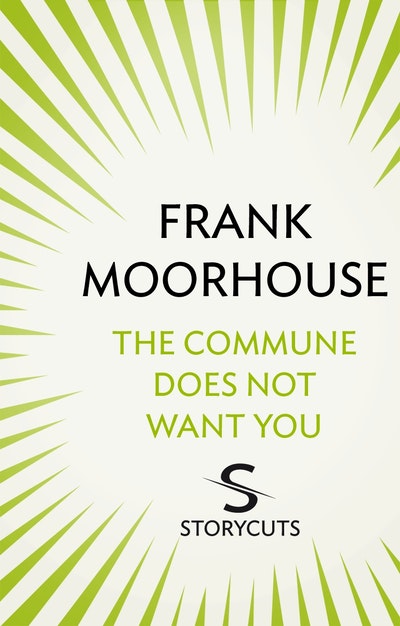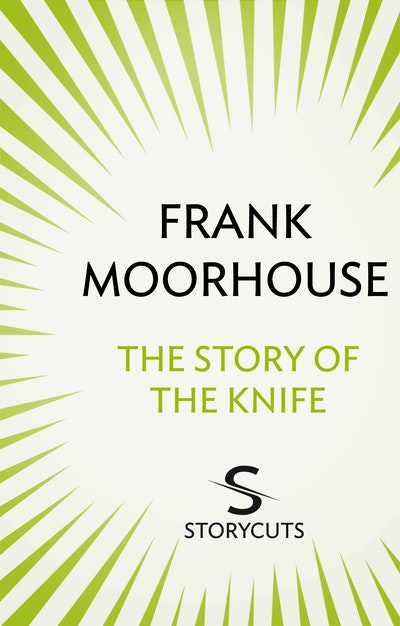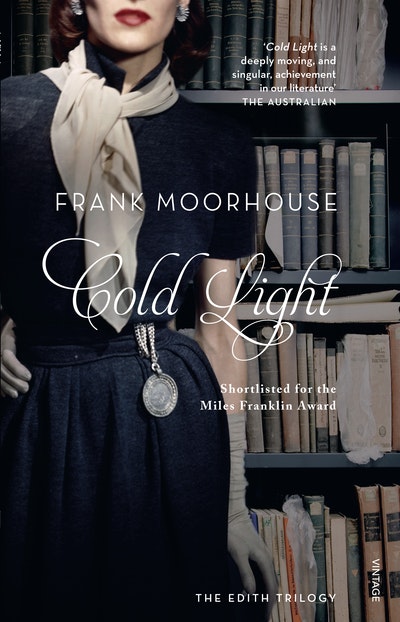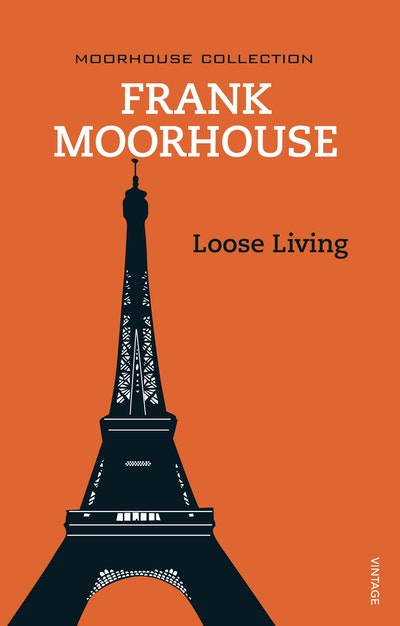- Published: 1 December 2014
- ISBN: 9780857985989
- Imprint: Random House Australia
- Format: EBook
- Pages: 320
Australia Under Surveillance
- Published: 1 December 2014
- ISBN: 9780857985989
- Imprint: Random House Australia
- Format: EBook
- Pages: 320
Australia under Surveillance, is a rare work of non-fiction, wrapping a critique of censorship and anti-terrorism laws in a passionate defence of democratic freedoms during a time of religious-inspired terrorism.
Linda Morris, The Sydney Morning Herald
Moorhouse calls for a new compact between ASIO and Australian society. In doing so, he explores issues of privacy, freedom of expression, censorship and what he terms “civic dignity”. It is at once respectful of ASIO’s successes and critical of its transgressions. He describes ASIO as: … sometimes getting it wrong with potentially disastrous effects, and sometimes saving Australian lives. Australians Under Surveillance deserves to be widely read, and its ideas carefully considered.
Lachlan Clohesy, The Conversation
This book is a timely reminder that Frank Moorhouse is one of our finest political writers. Ostensibly an investigation into ASIO, Moorhouse takes a step back from the news headlines to offer a ‘‘contemplative look at the serious changes and patterns in Australian law and political thinking following the great extensions of ASIO’s powers’’ as part of the ‘‘war on terror’’. At the heart of this book is what Moorhouse calls the Dark Conundrum: the accepted need to strike a balance between national security and civil liberty, between the national interest and a citizen’s rights and freedoms. It is the role of writers, journalists and intellectuals to raise these concerns, Moorhouse argues, and to keep them open to the public mind. ‘‘It is my basic tenet,’’ Moorhouse writes, ‘‘that the more we know about the human condition — and each other — the smarter and safer the species will be.’’ To that end, this book is a pretty good place to start.
Matthew Lamb, The Australian
Moorhouse burrows into his Conundrum, wandering down the dark passageways of his personal predilections: censorship, the politics of sexual preference, the French Revolution, nihilism, the human condition and more.
Alison Broinowski, Canberra Times
